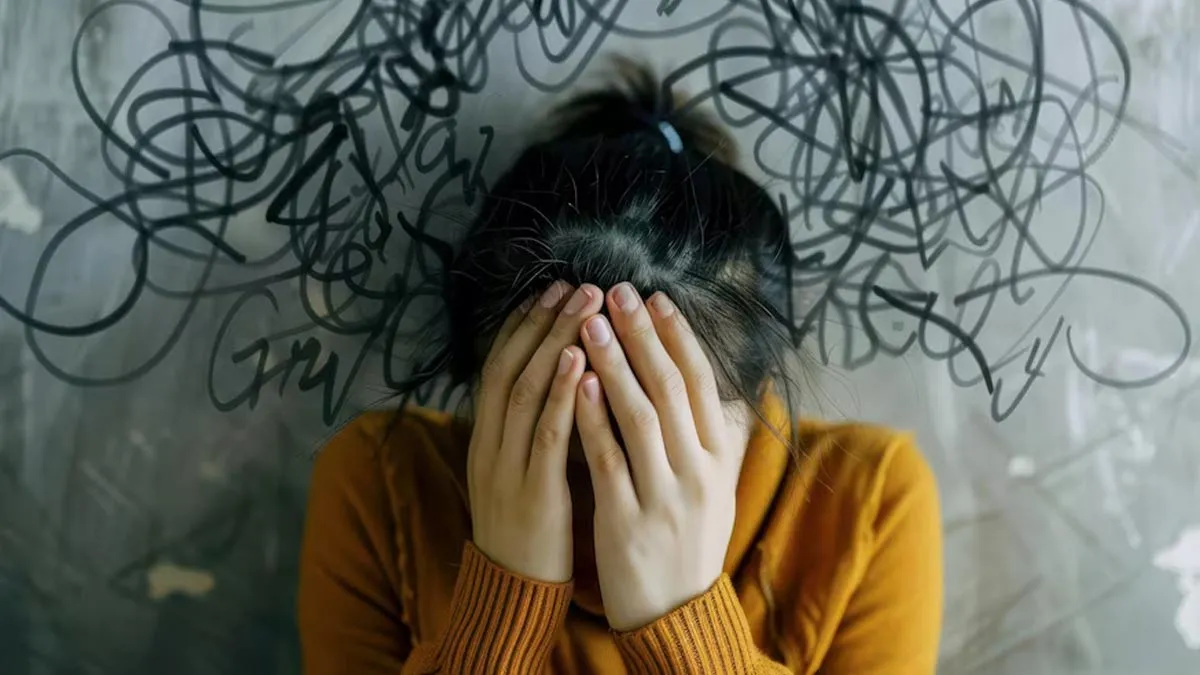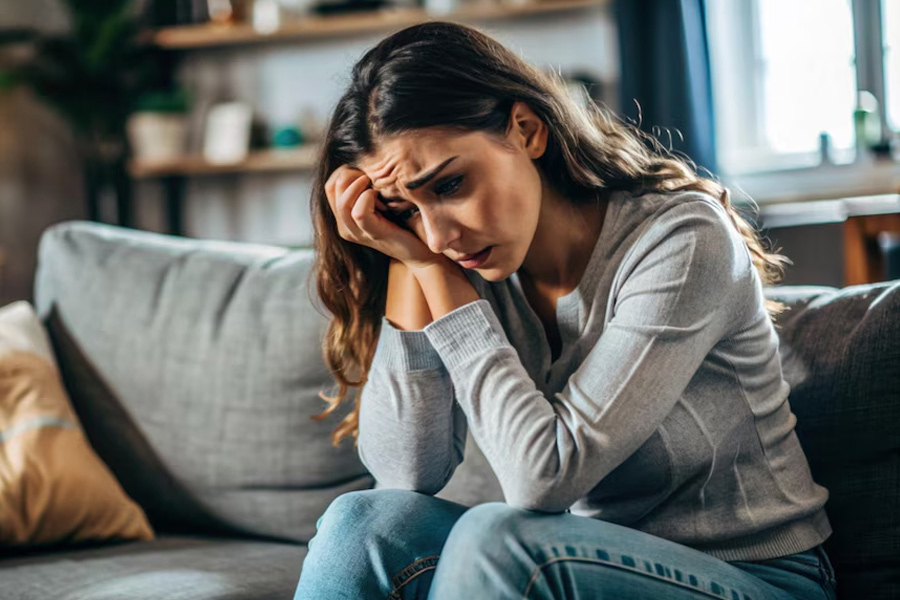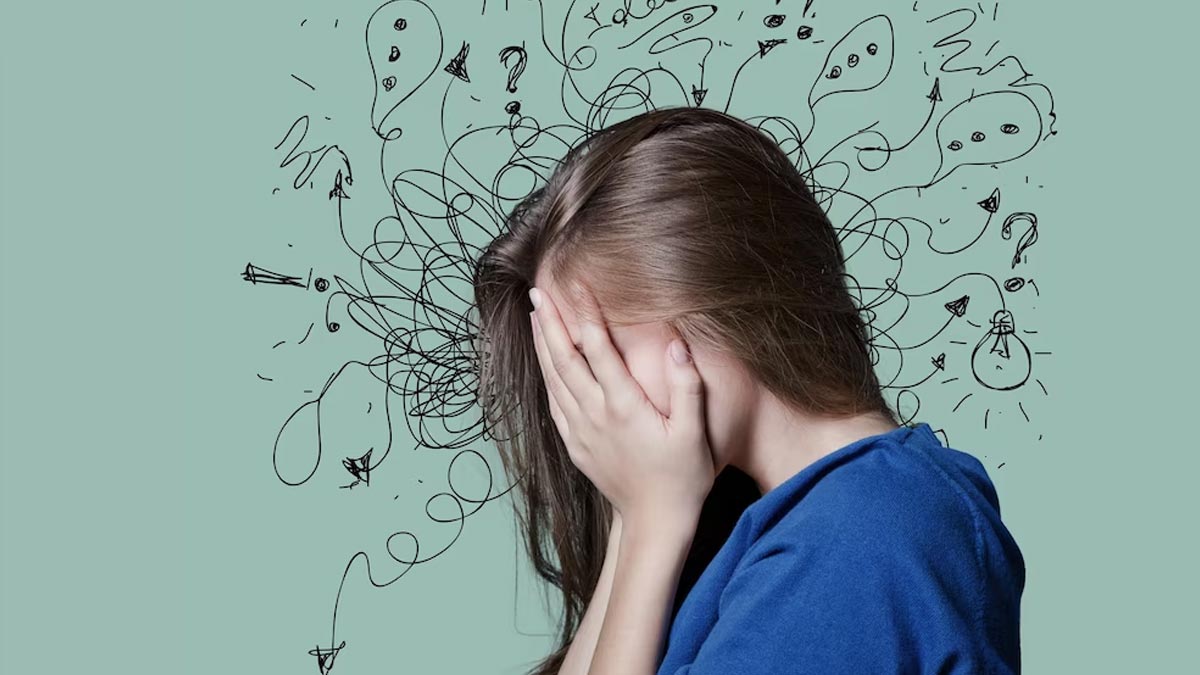
Anxiety has become an all-too-common experience in today's fast-paced world. Many people recognise obvious stressors like work pressure, financial worries, and social media overload, but some lesser-known daily habits may be silently exacerbating anxiety.
Table of Content:-
CHECK YOUR
MENTAL HEALTH

In an exclusive interaction with the editorial team of Onlymyhealth, our expert, Dr Nikhil Nayar, Psychiatrist, Sharda Hospital - Noida weighed in on the subtle yet impactful behaviours that could be making you more anxious and what to do to remedy it instead.
1. Caffeine Overload
For most, coffee has become a routine part of daily life, yet excessive intake can overstimulate the nervous system, causing enhanced anxiety, jitteriness, and even panic attacks. As noted by Dr Nayar, "Caffeine stimulates the production of adrenaline, which can replicate anxiety symptoms and blur the lines between natural alertness and stress." Gradually reduce or substitute with herbal teas to retain energy without spikes in anxiety.
2. Skipping Meals
Irregular eating habits, especially avoiding meals, might cause blood sugar to fluctuate, which often results in irritation, mood swings, and an increase in anxiety. "When your blood sugar crashes, your body perceives it as a threat, activating the stress response," Dr Nayar explained. Balanced meals with protein, healthy fats, and complex carbohydrates can help keep blood sugar stabilised and improve emotional regulation.

Also Read: Are Your Split Nails a Sign of Anxiety? Here Is How Stress Cause Nails To Split
3. Doomscrolling Before Bed
Mindless swiping through hurtful news and social media content or work email before bed would stimulate the mind too much. Talking about the same, Dr Nayar said, "That constant exposure could keep the brain in a high alert state as it would continue to be trying to process each thing that passes before it-keeping it so that it had difficulty relaxing”.
4. Poor Posture and Shallow Breathing
Surprisingly, the way you sit and breathe can affect your anxiety levels. "Slouching compresses the lungs and makes breathing shallow, which signals to the brain that something is wrong," he added. Practising good posture and engaging in deep, diaphragmatic breathing can help the body stay relaxed and reduce anxiety responses.

Also Read: Over 90% Of Corporate Employees Under 25 Show Signs Of Anxiety: How To Balance Work And Life
5. Constant Multitasking
Though trying to do everything at once may seem productive, it can worsen your stress and anxiety. "The brain is not wired for multitasking, and switching between tasks can make anxiety worse," highlighted Dr Nayar. Practising mindfulness and focusing on one task at a time can improve efficiency and reduce feelings of anxiety.
6. Lacking Inclusive Physical Activities
This contributes to anxiety since it reduces the production of endorphin, the natural mood elevator. Healthcare experts claim that exercise is one of the best ways to relieve stress, but many people underestimate its impact on mental health. Even short daily walks, yoga, or stretching can help regulate stress hormones and improve overall well-being.
Bottomline
While anxiety is a natural part of life, small lifestyle adjustments can make a big difference in managing it effectively. By recognising these hidden habits and making mindful changes, you can take control of your stress levels and cultivate a calmer, healthier mindset. Experts suggest starting with one or two habit modifications at a time to avoid feeling overwhelmed.
Also watch this video
How we keep this article up to date:
We work with experts and keep a close eye on the latest in health and wellness. Whenever there is a new research or helpful information, we update our articles with accurate and useful advice.
Current Version